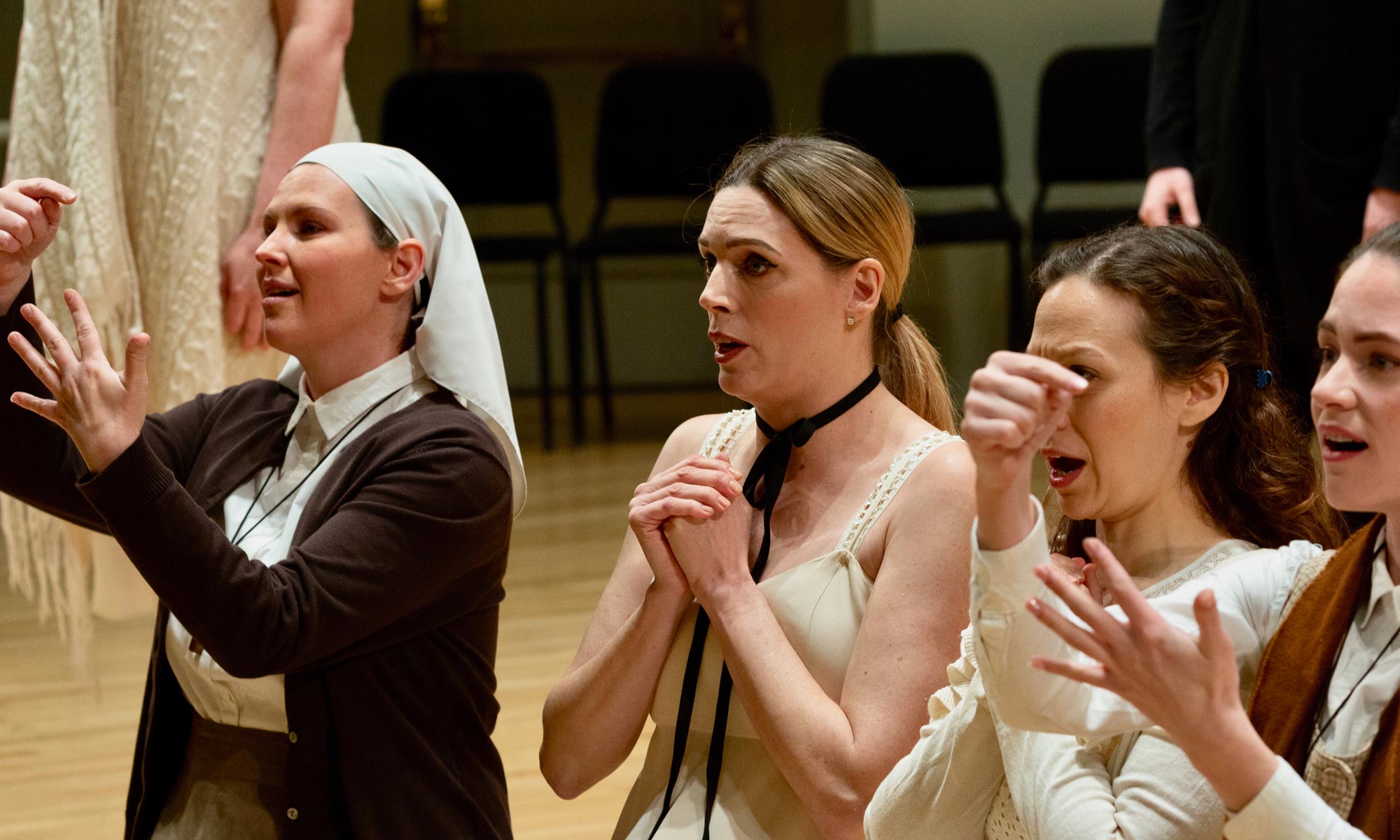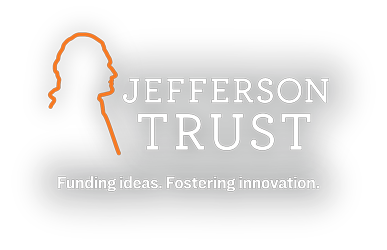
Ryan Keen (COL ’18), a 2018 Jefferson Trust grant recipient for The Human Library initiative, was recently selected as a Forbes Under 30 Fellow, and attended the Under 30 Summit in Boston. The summit focused on bringing together young professionals and leaders from around the world for an opportunity to connect and meet established leaders from various fields. Ryan wrote about The Human Library in his Forbes application, as it greatly shaped his experience while on Grounds and continues to grow as an engaging platform at UVA and in the greater Charlottesville community.
“As a Forbes Fellow, I was allowed to choose a “track” so that I could connect with leaders in a specific field. I chose healthcare as my track, which essentially allowed me to hear from individuals who have co-founded their own health-related initiatives and those who are leading innovative research from the nearby schools MIT and Harvard. It was amazing to be invited into a network of ambitious individuals with similar goals and to be able to share the mission of The Human Library. I’m proud that it has become such a strong and inclusive platform to share all of the amazing stories, and, with the strong support of the Jefferson Trust, it continues to grow and inspire dialogue. I’m really looking forward to seeing the organization’s development in the coming years.” Keen shared.
Ryan will attend Harvard’s T.H. Chan School of Public Health next fall to pursue a Masters of Science, after working in a lab at Harvard this year. He also plans to seek a medical degree in the future. Congratulations to Ryan for this distinguishing honor!




 Sharon Owlett has a long history with the Jefferson Trust. When the Trust was first formed, she was approached by Michael Clarke with the chance to be a part of the Trust’s inaugural Board of Trustees. “It was impossible to turn down the opportunity to work together with other dedicated alumni to build an organization that would foster programs both large and small across Grounds.” Sharon served as the first Chair of the Grants Committee and was key to constructing the grants process. She describes her first stint with the Trust as “one of the best experiences I’ve ever had. It was challenging, deeply rewarding, and fun, all at the same time.” It took little persuasion for Sharon to return to the Trust for a second term; she is currently in her eighth year as a Trustee!
Sharon Owlett has a long history with the Jefferson Trust. When the Trust was first formed, she was approached by Michael Clarke with the chance to be a part of the Trust’s inaugural Board of Trustees. “It was impossible to turn down the opportunity to work together with other dedicated alumni to build an organization that would foster programs both large and small across Grounds.” Sharon served as the first Chair of the Grants Committee and was key to constructing the grants process. She describes her first stint with the Trust as “one of the best experiences I’ve ever had. It was challenging, deeply rewarding, and fun, all at the same time.” It took little persuasion for Sharon to return to the Trust for a second term; she is currently in her eighth year as a Trustee! Please welcome Brent Percival to The Jefferson Trust as our new Director of Development. Brent started with the Trust in mid-October, just in time to join the Trustees of the Trust at the annual Fall Board Meeting. Brent comes to the Trust from the UVA Health System Development Office, where he spent three years working with alumni from the medical school. Before joining UVA, he worked in development for Auburn University, and in advertising with Media General. Brent brings a background in gift planning, and a passion for the Trust!
Please welcome Brent Percival to The Jefferson Trust as our new Director of Development. Brent started with the Trust in mid-October, just in time to join the Trustees of the Trust at the annual Fall Board Meeting. Brent comes to the Trust from the UVA Health System Development Office, where he spent three years working with alumni from the medical school. Before joining UVA, he worked in development for Auburn University, and in advertising with Media General. Brent brings a background in gift planning, and a passion for the Trust!
 With the start of the 2018–19 fiscal year, the Jefferson Trust is excited to welcome James Aldigé as our new Vice-Chair. Although new to the Trust, James has been an active alumnus since his graduation from the College in 2003. He is a member of the Alumni Association’s Board of Managers, sits on the reunion giving committees (additionally serving as his 15th Reunion co-chair), participates in the Jefferson Scholars National Selection Committee and the Advisory Board for the UVA Licensing and Venture Group seed fund, is Co-chair of the David Magoon Jefferson Scholarship Initiative, and guest lectures at the Darden School of Business.
With the start of the 2018–19 fiscal year, the Jefferson Trust is excited to welcome James Aldigé as our new Vice-Chair. Although new to the Trust, James has been an active alumnus since his graduation from the College in 2003. He is a member of the Alumni Association’s Board of Managers, sits on the reunion giving committees (additionally serving as his 15th Reunion co-chair), participates in the Jefferson Scholars National Selection Committee and the Advisory Board for the UVA Licensing and Venture Group seed fund, is Co-chair of the David Magoon Jefferson Scholarship Initiative, and guest lectures at the Darden School of Business.


